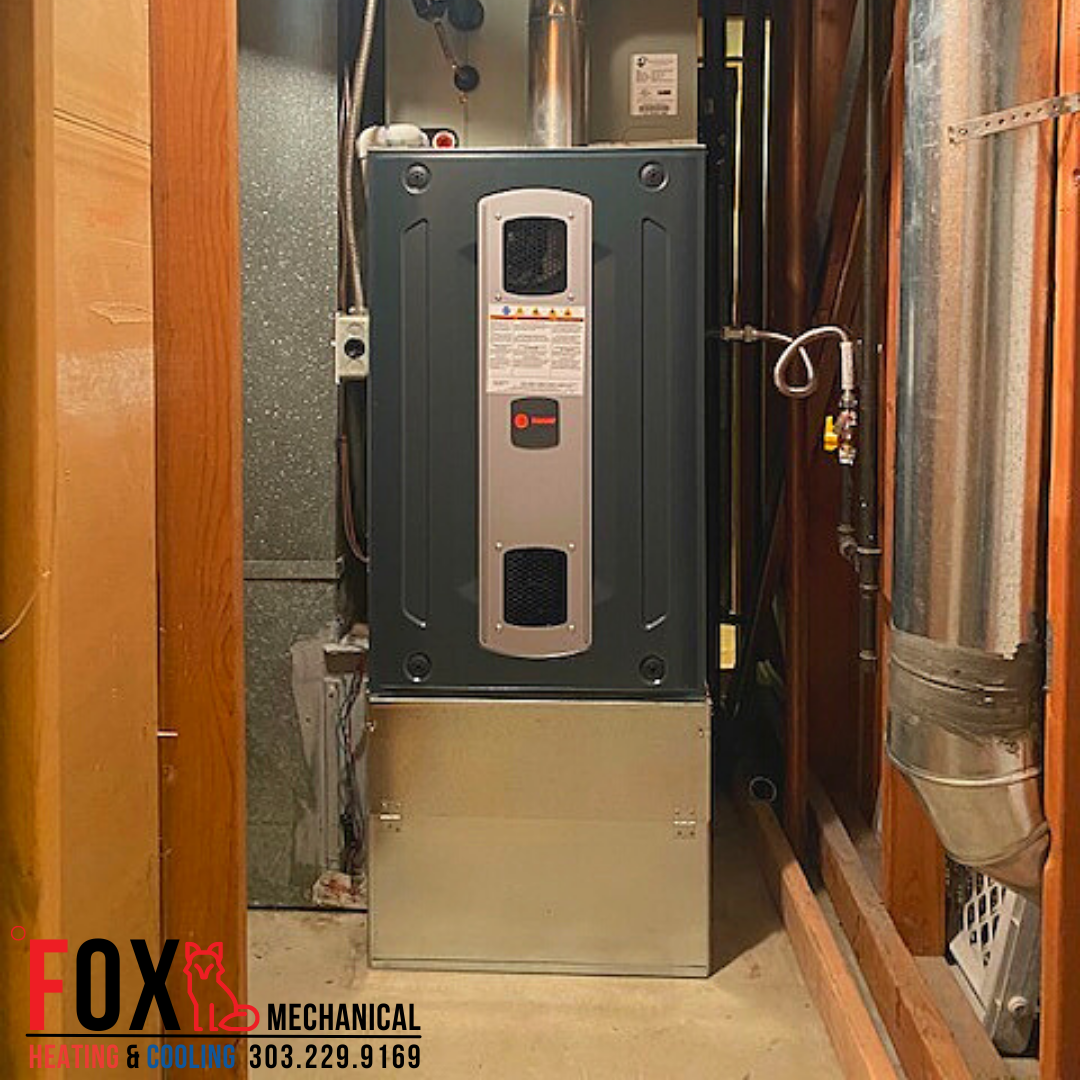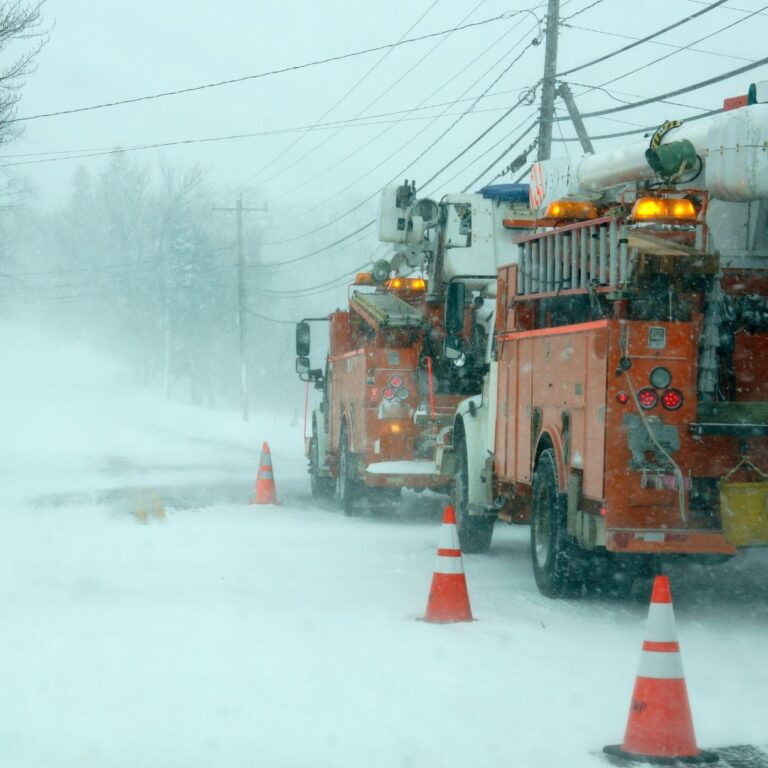Efficient air conditioners cool and dehumidify the air in your home to improve comfort during the hotter months. Here in Denver or Colorado as a whole, experiences large temperature fluctuations throughout the day and night. This is especially true during the Spring months and even more so during the coming Summer season. While most brands of air conditioners do not make a large difference in your home, having the correct size, installation, placement, and ventilation are vital to making the most efficient air conditioner.
Types of Central Air Conditioners
A central air conditioner is broken down into two types; a split-system air unit or a packaged unit. Modern versions of either type are considered to be efficient air conditioners but require some accommodations to make the best out of them.
Split-system air conditioners
Split-system air conditioners are units with the condenser and compressor placed outdoors, and an indoor unit containing the evaporator, furnace, air handler, and filters. This makes sense to call it a ‘split’ as the vital components handling specific operations to treating your home’s air are positioned in most areas. While it is uncommon here in Denver, your home may contain a furnace but no air conditioner. Hiring an HVAC technician to install a split-system air conditioner might be the most economical solution to providing cooler air comfort.
Packaged Central Air Conditioners
In a packaged central air conditioner, the heat exchangers, compressor, fan, and blower are all located in one cabinet/unit. This ac unit is typically placed on the roof of a house or on a concrete slab next to the house’s foundation. In addition to the unit, a home will have various ducting lined throughout the rooms. The supply and return ducts come from indoors through the home’s exterior wall or roof to connect to the air conditioner. As a bonus, some packaged air conditioners often include electric heating coils or a natural gas furnace. This makes it helpful for homes that are low on space and already lack parts for an HVAC system.
Which choice is going to be the most efficient air conditioner for my home?
That answer really comes down to the size and layout of your home or property. A licensed and knowledgeable HVAC contractor will be able to discern the best and most efficient air conditioner for your home. However, as a homeowner you can take some time to consider the following factors:
- Is there enough indoor space to fit some of the air conditioners components inside?
- Does your home have existing ductwork or will it need ducting installed?
- The number of rooms and square footage in the home.
- Are there any pre-existing air conditioning units in the home?
Choosing or upgrading the most efficient air conditioner
A central air conditioning unit boasts a lot of benefits over other model types. These units will be out of the way and installed someplace that compromises the least amount of square footage in your home. In addition, they will be the most silent or quietest air conditioning units when operating. Some homes without a central air conditioner unit might have a window/room ac installed and they will know how loud they can be.
A major benefit to upgrading a central air conditioning unit is the option of purchasing and installing a high-efficiency model. Replacing an older air conditioner unit can bring better cost savings and comfort. The average home in the United States has air conditioning units that consume more than 2,00 kilowatt-hours of electricity per year. This causes power plants to emit around 3,500 pounds of carbon dioxide and 31 pounds of sulfur dioxide per year. The most efficient air conditioners use 30% – 50% less energy to produce the same amount of cooling as air conditioners made in the 1970s. Even replacing 10-year-old air conditioning units may save homeowners 20% – 40% of costs and energy use.
What makes an efficient air conditioner?
Proper sizing and installation are important factors for creating the best and most efficient air conditioner for your home. As stated, hiring a licensed and seasoned HVAC contractor is a must to accomplish this. Look for a model with a high-efficiency rating, the standard that is ubiquitous is the Seasonal Energy Efficiency Ratio (SEER). SEER indicates the relative amount of energy needed to provide a better cooling experience. Most newer air conditioning systems will have a SEER rating as high as 26. Another thing to look out for in an efficient air conditioner is the ENERGY STAR and EnergyGuide labels. These badges ensure that qualified models are about 15% more efficient than standard models.
Is your air conditioning system too old?
While there are no code requirements demanding that homeowners upgrade their HVAC systems, it is important to point out that improved technology exists today. The general lifespan of an average air conditioner is between 15 – and 20 years. And fortunately, manufacturers will most likely still fabricate parts to help service and keep your unit up and running.




